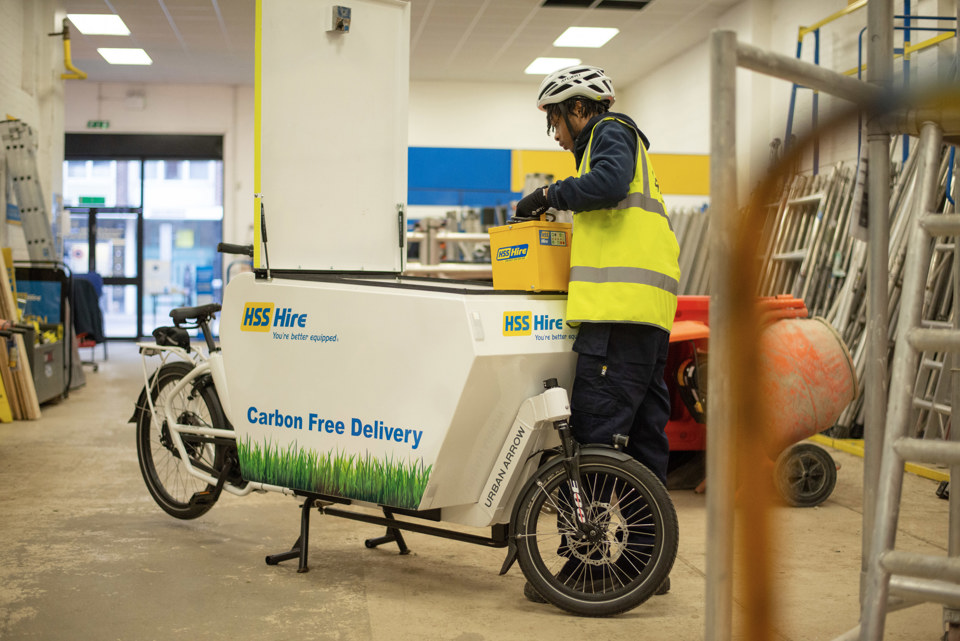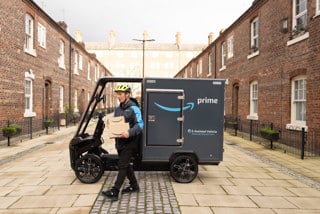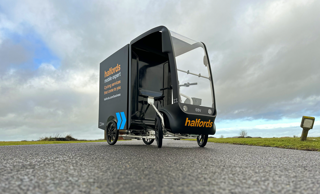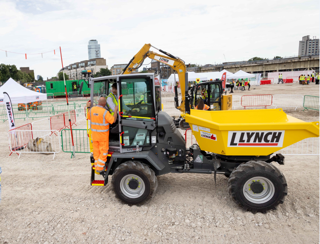Transport for London (TfL) has launched a cargo bike action plan in an effort to transform how deliveries are made in the capital.
The plan aims to promote cargo bike use and address barriers that inhibit or prevent a shift from vans to cargo bikes.
It includes developing a London safety standard for cargo bikes that adopts best practice; exploring opportunities to provide space, such as micro-hubs and parking to support last mile cargo bike operations; and monitoring where key cargo bike routes are across the city to identify usage patterns and project future growth
The plan also targets procurement policies to support further cargo bike uptake; ensuring adequate and suitable capacity for cargo bikes when designing future TfL cycling schemes; and providing businesses with the tools and information they need to feel able to make the switch to cargo bikes
Christina Calderato, TfL’s director of strategy and policy, said: “Freight and servicing are the lifeblood of London’s economy but also contribute to air pollution, carbon emissions and traffic congestion.
“We are determined to provide a green, healthy and sustainable future for all Londoners and cargo bikes can play a vital role in cutting carbon emissions, air pollution and road danger.
“We will continue to work closely with our industry partners, businesses and boroughs across the capital to make our vision for cleaner and safer freight a reality.”
Major fleet operators, including Amazon and DHL, are using them for deliveries because they say they are quicker, cheaper and greener.
In London, 90% of all goods are transported by road and around half of the value of household expenditure in London relies on freight.
TfL estimates that cargo bikes could replace up to 4% of van kilometres by 2030.
Central London is expected to see the highest growth and could replace up to 17% of van kilometres by 2030.
It is estimated that the carbon savings resulting from cargo bike growth across Greater London will be up to 30,000 tonnes of CO2 a year by 2030.

























Login to comment
Comments
No comments have been made yet.